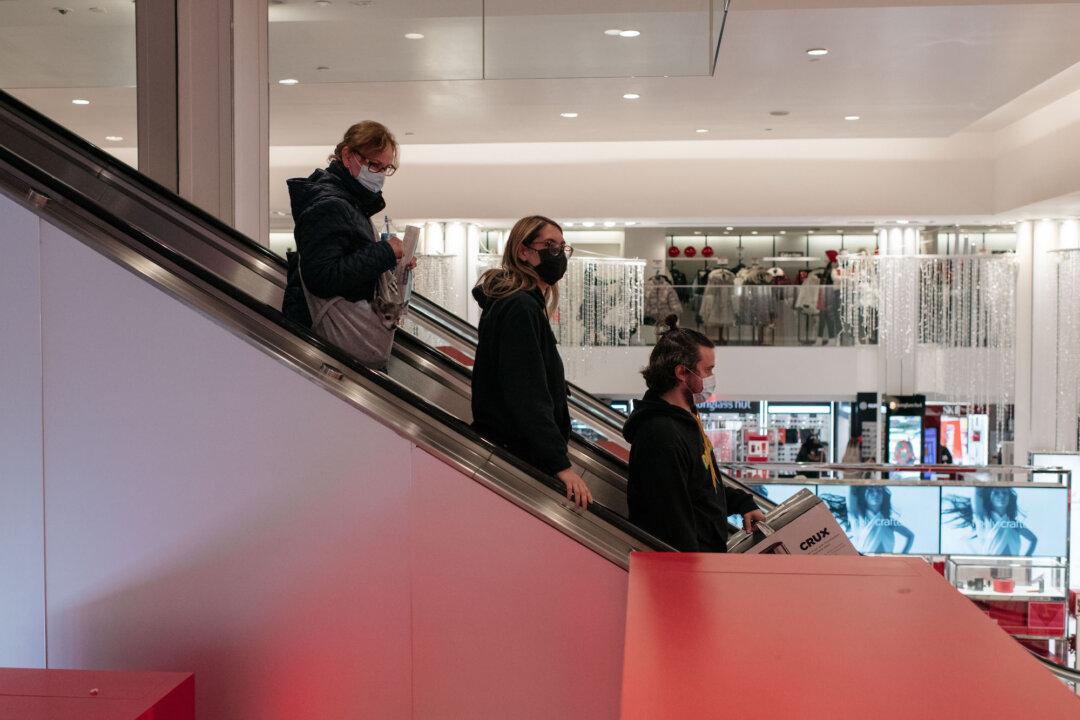Many American families are not planning to increase their spending, or spend at all, for the upcoming Christmas season, according to London-based consulting firm Deloitte.
Deloitte’s latest annual Holiday Retail Survey shows that, with supply chain issues and growing worries about inflation, 11.5 percent of overall consumers say they do not plan to spend on holiday shopping at all. That’s more than double from 2020 (4.9 percent) and nearly quadruple from 2019 (2.9 percent).





